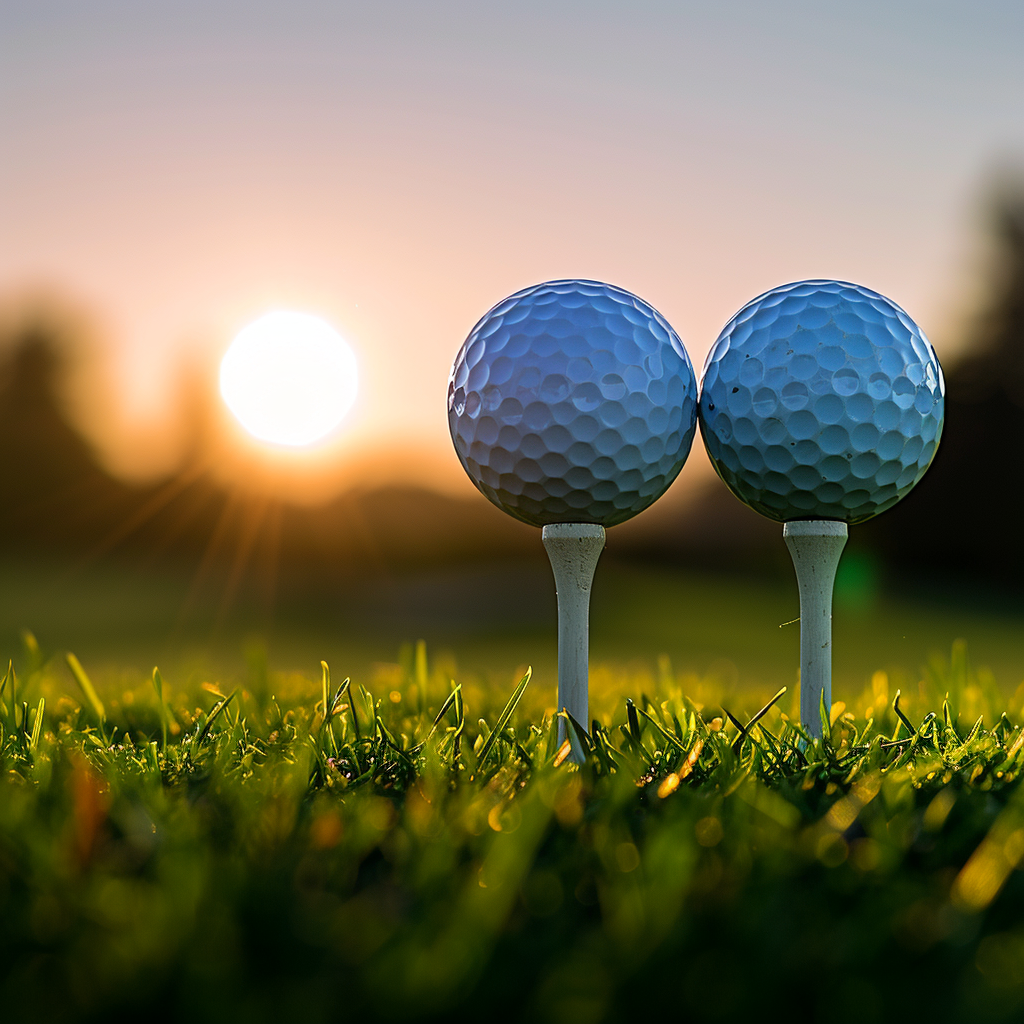
Urethane vs. Surlyn Golf ball - Which is Better for Driving?
Introduction
Let's tee off with a common conundrum faced by golfers worldwide - the choice between urethane and surlyn golf balls. It's no secret that the type of golf ball you use can significantly impact your game, particularly when it comes to driving. But here's the million-dollar question - which one's better?
Well, it's not as black and white as it seems. Both urethane and surlyn golf balls have their unique strengths and weaknesses. Urethane balls, known for their soft feel and high spin rates, are often the go-to choice for professional golfers. On the other hand, surlyn balls, with their durable construction and lower spin rates, are a favorite among amateur golfers and those with a high handicap.
But before you jump the gun and pick a side, it's essential to understand that the 'better' ball largely depends on your skill level, playing style, and personal preference. So, buckle up as we dive deep into the world of urethane and surlyn golf balls, dissecting their differences, and helping you decide which one is the perfect fit for your game. Let the games begin!
Understanding Urethane Golf Balls
Let's kick things off by getting a firm grip on urethane golf balls. Urethane, a material known for its durability and flexibility, is often the go-to choice for the outer layer of high-performance golf balls. But what makes it so special?
- Spin Control: Urethane covers are softer than their Surlyn counterparts, which means they can provide more spin. This is particularly advantageous for skilled players who want to control the ball's trajectory and landing.
- Feel: Urethane balls have a softer feel, which can be a real game-changer for some golfers. It's like the difference between a firm handshake and a soft one - it's all about personal preference.
- Durability: While not as hardy as Surlyn, urethane balls are still pretty tough cookies. They can withstand a good deal of punishment on the course, so you won't have to worry about them falling apart mid-game.
- Performance: When it comes to overall performance, urethane balls are often the choice of pros. They offer a great balance of distance, control, and feel, making them a versatile option for a wide range of playing conditions.
However, it's not all sunshine and rainbows with urethane balls. They tend to be pricier than Surlyn balls, which can be a deal-breaker for budget-conscious golfers. Plus, their softer cover can be less forgiving on mis-hits, which might not be ideal for beginners still finding their swing.
Urethane golf balls are a fantastic choice for seasoned golfers looking for superior control and feel. However, they might not be the best fit for everyone. So, before you go all in on urethane, it's worth considering your skill level, playing style, and budget. After all, the best golf ball for you is the one that helps you play your best game.
Understanding Surlyn Golf Balls
Known for their durability and affordability, these balls are a popular choice among golfers of all skill levels.
First off, Surlyn, a type of ionomer resin developed by DuPont, is used as the cover material for these golf balls. This material is highly resistant to cuts and abrasions, making Surlyn golf balls a long-lasting option. So, if you're the type of golfer who tends to send a few balls into the woods or the lake, Surlyn could be your new best friend!
Now, let's talk about performance. Surlyn golf balls are often associated with a lower spin rate. What does this mean for your game? Well, in a nutshell, less spin equals straighter shots. If you're struggling with hooks or slices, a Surlyn golf ball might just be the ticket to a more accurate drive.
However, it's not all sunshine and rainbows. The downside to Surlyn golf balls is that they offer less control around the greens compared to urethane balls. They tend to bounce and roll more, making it harder to pull off those delicate chip shots or precise putts.
Here are a few key points to remember about Surlyn golf balls:
- They're durable and affordable, perfect for golfers on a budget or those prone to losing balls.
- They offer a lower spin rate, which can lead to straighter drives.
- They can be harder to control around the greens due to their tendency to bounce and roll.
In conclusion, Surlyn golf balls are a solid choice for those seeking durability and straighter drives. However, if control around the greens is a priority for you, you might want to consider other options. But hey, don't take my word for it - give them a whirl and see how they fit into your game!
Comparing Performance: Distance and Speed
When it comes to driving, the distance and speed of your golf ball can make or break your game. So, let's dive right into the nitty-gritty of how urethane and Surlyn golf balls stack up in these areas.
First off, urethane balls. They're known for their soft feel and high spin rates. This can be a double-edged sword. On one hand, the high spin can lead to longer drives if hit correctly. However, if your swing isn't quite up to par, that same spin can send your ball veering off course.
On the flip side, Surlyn balls are a bit harder and have lower spin rates. They're more forgiving on off-center hits, making them a safe bet for those whose swings are still a work in progress. However, their lower spin rate may limit the total distance they can cover.
In terms of speed, both types of balls can deliver. Urethane balls, with their soft cover, tend to generate more speed on impact. Surlyn balls, while not quite as fast, still hold their own in this department.
If you're a seasoned golfer with a solid swing, urethane might be your best bet for maximizing distance and speed. However, if you're still honing your skills, Surlyn could be a more reliable choice. Ultimately, the best ball for you depends on your individual playing style and skill level.
Comparing Durability: Lifespan and Resistance to Damage
When it comes to lifespan and resistance to damage, both urethane and Surlyn golf balls have their strengths and weaknesses.
First off, Surlyn golf balls. These little gems are known for their impressive durability. They're like the Energizer Bunny of golf balls - they just keep going and going. Surlyn, a tough ionomer resin, is resistant to cuts and abrasions, meaning it can withstand a good beating on the golf course. So, if you're a bit of a rough player or frequently find yourself in the woods, Surlyn might be your best bet.
On the flip side, we have urethane golf balls. Now, don't get me wrong, urethane isn't a pushover when it comes to durability. However, it's not quite as tough as Surlyn. Urethane balls are more susceptible to scuffs and cuts, particularly if you have a high swing speed or hit the ball with a sharp-edged club.
Key Facts:
- Surlyn golf balls are the tough guys on the block, resistant to cuts and abrasions.
- Urethane golf balls, while not as durable, still hold their own, unless faced with high swing speeds or sharp-edged clubs.
So, in the battle of durability, Surlyn takes the crown. But remember, it's not all about toughness. Other factors like performance and feel are also crucial in choosing the right golf ball for you.
Factors to Consider: Playing Style and Skill Level
Before you rush off to the nearest sports store to grab a dozen golf balls, hold your horses! It's crucial to consider two major factors - your playing style and skill level.
First off, let's talk about your playing style. Are you a power hitter, or do you prefer a more controlled, finesse game? If you're all about the long drives and don't mind a bit of a wild ride, urethane balls might be your cup of tea. They're designed to maximize distance, but can be a bit harder to control. On the flip side, if precision and control are your bread and butter, Surlyn balls could be a better fit. They offer a more predictable flight path and less spin off the tee.
Now, onto your skill level. If you're a newbie or a high handicapper, Surlyn balls can be a godsend. They're durable, affordable, and offer decent distance - a perfect trifecta for beginners. However, if you're a low handicapper or a pro, you might lean towards urethane balls. They offer enhanced spin control and feel, which can give you the edge in competitive play.
There's no one-size-fits-all answer. It's all about finding the right fit for your unique style and skill level.
Conclusion
In the final analysis, it's a close call between urethane and Surlyn golf balls. Both have their strengths and weaknesses. Urethane balls offer superior control and spin, making them a hit with pros. On the other hand, Surlyn balls are more durable and affordable, a perfect fit for beginners and high-handicappers. Ultimately, the choice boils down to your skill level and personal preference. So, don't be afraid to experiment, folks! After all, the proof of the pudding is in the eating. Happy golfing!

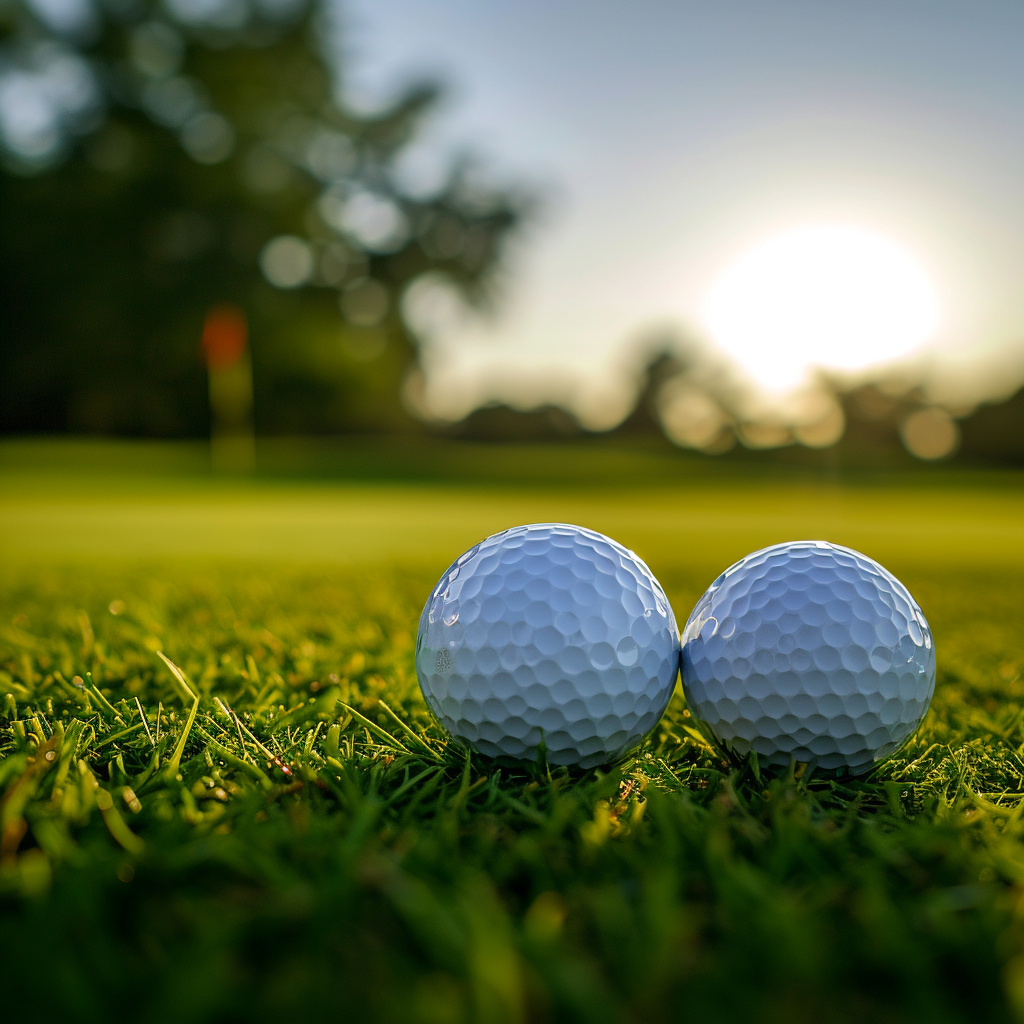
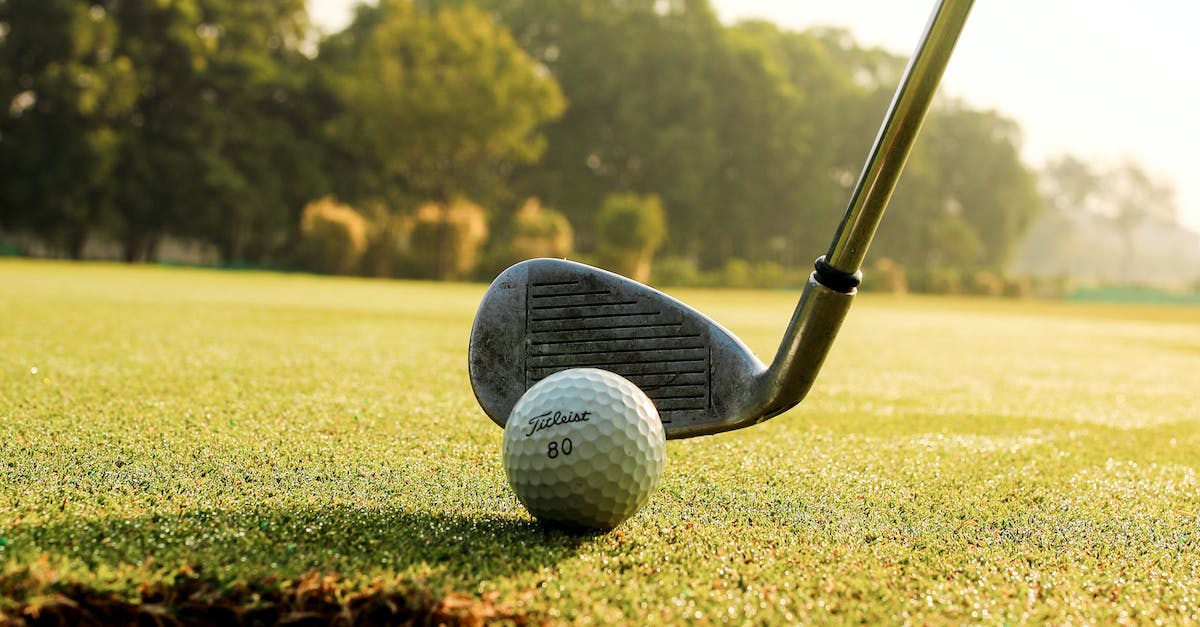
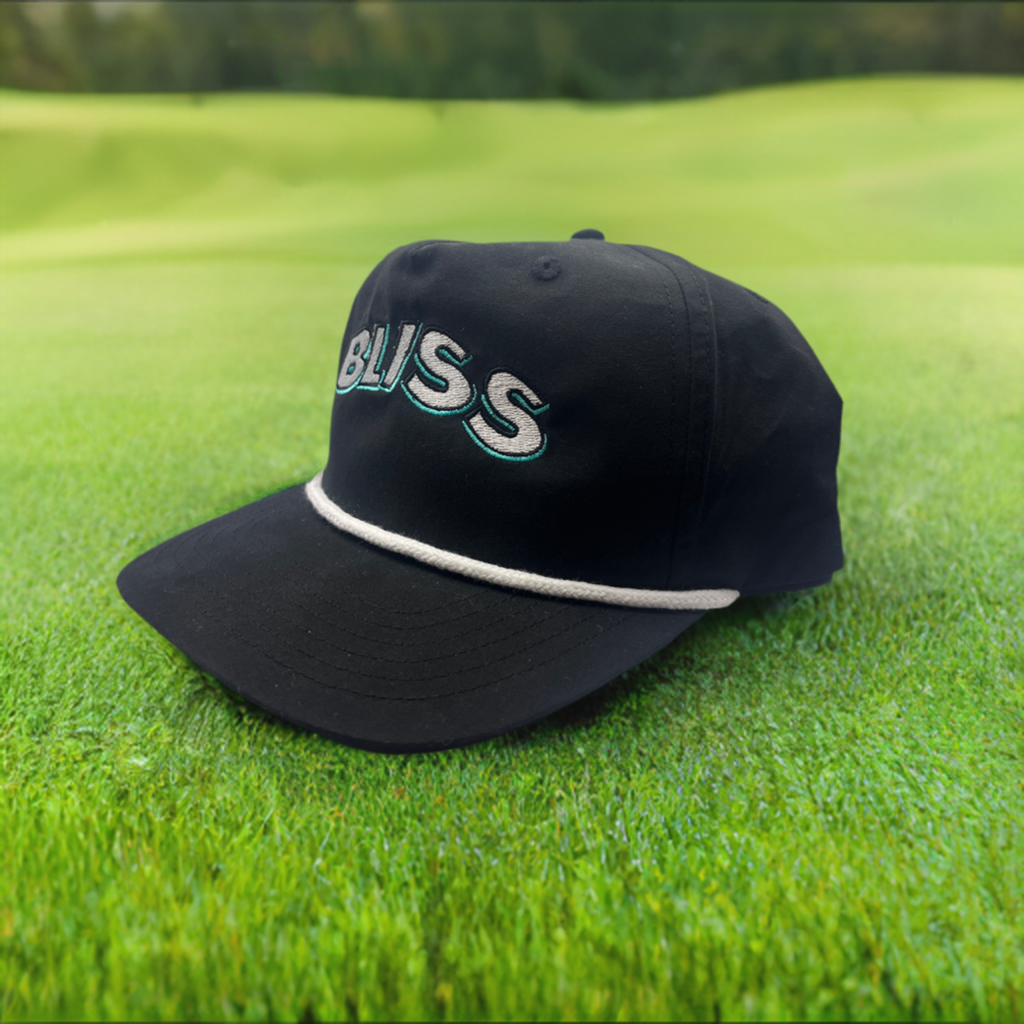
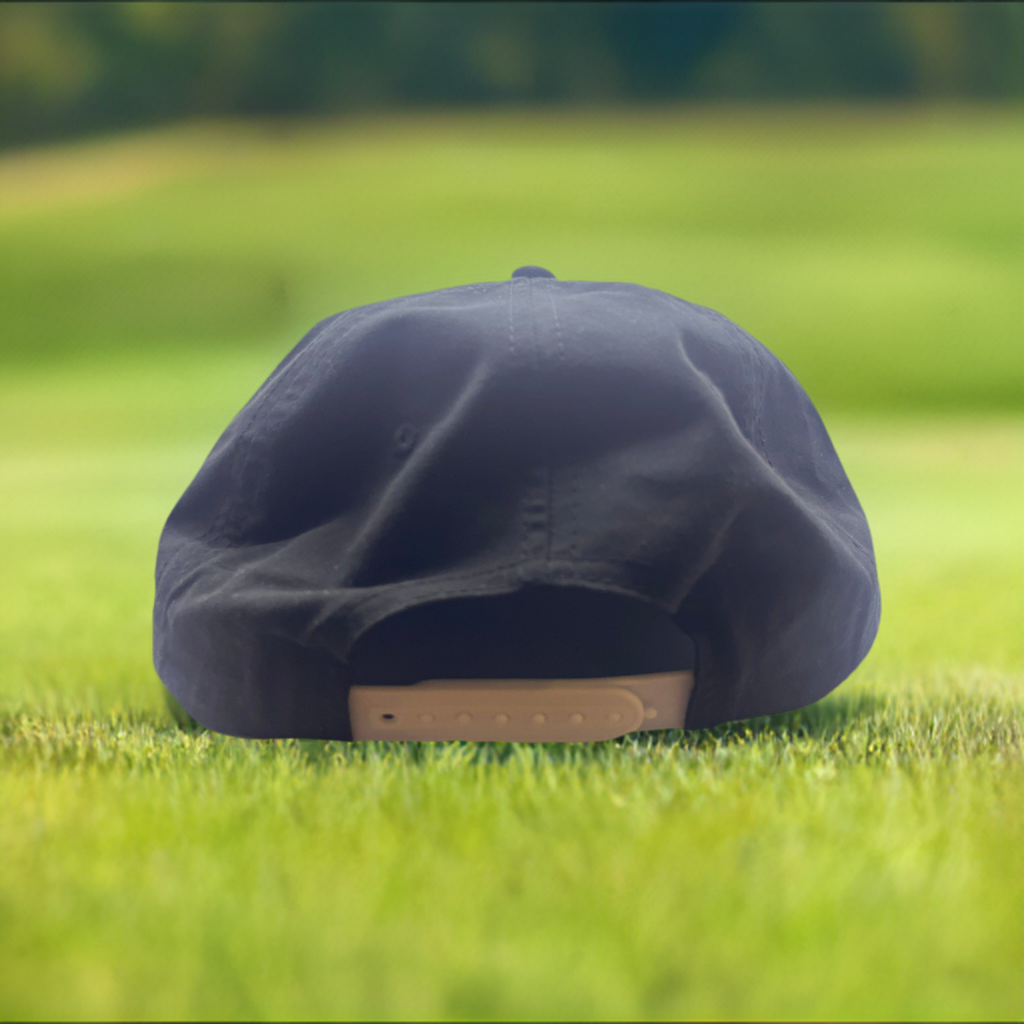
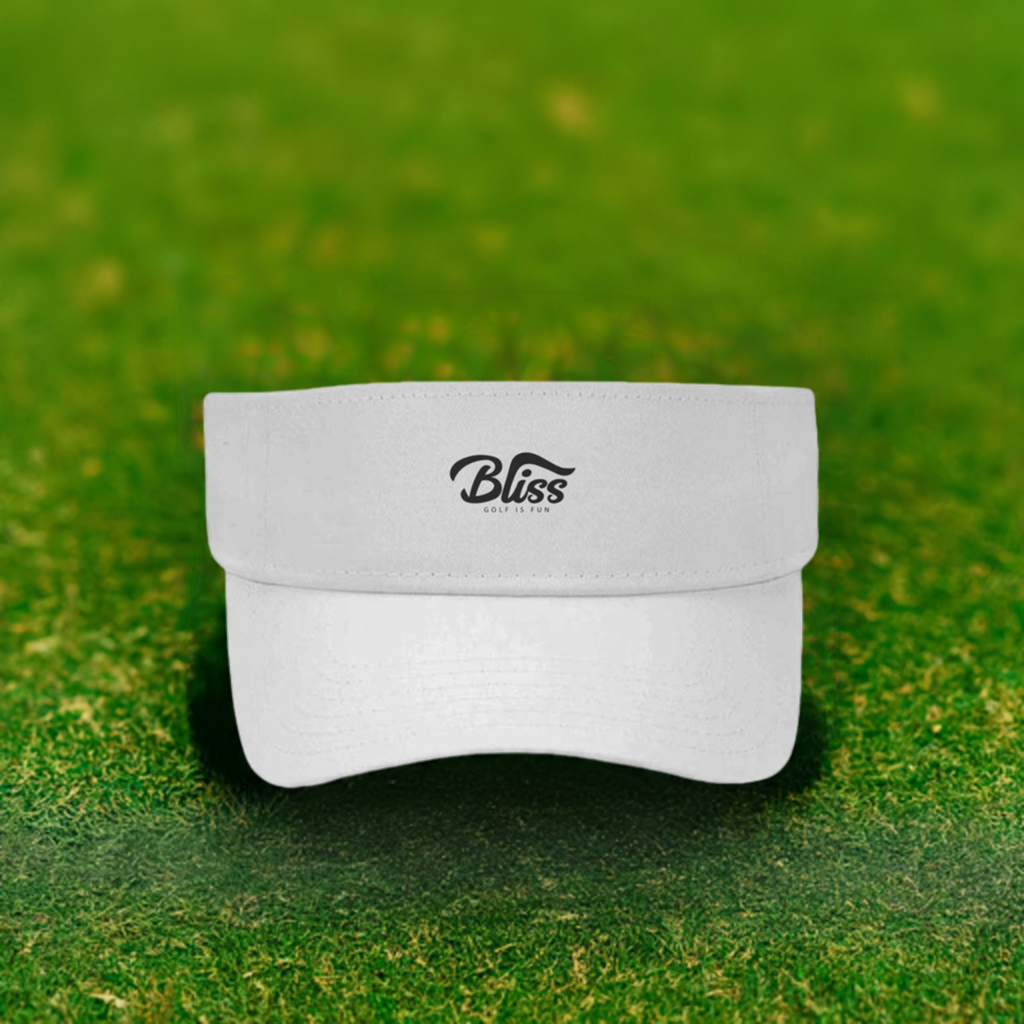
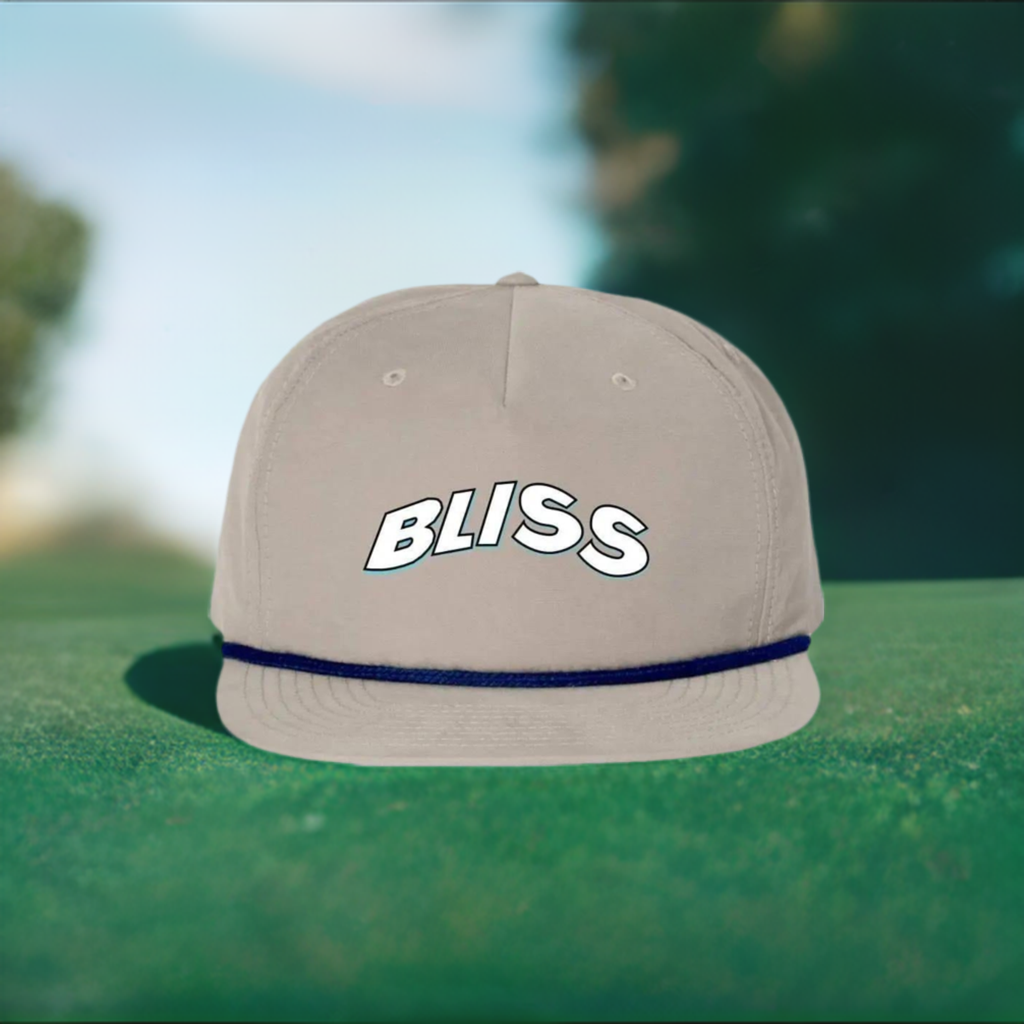
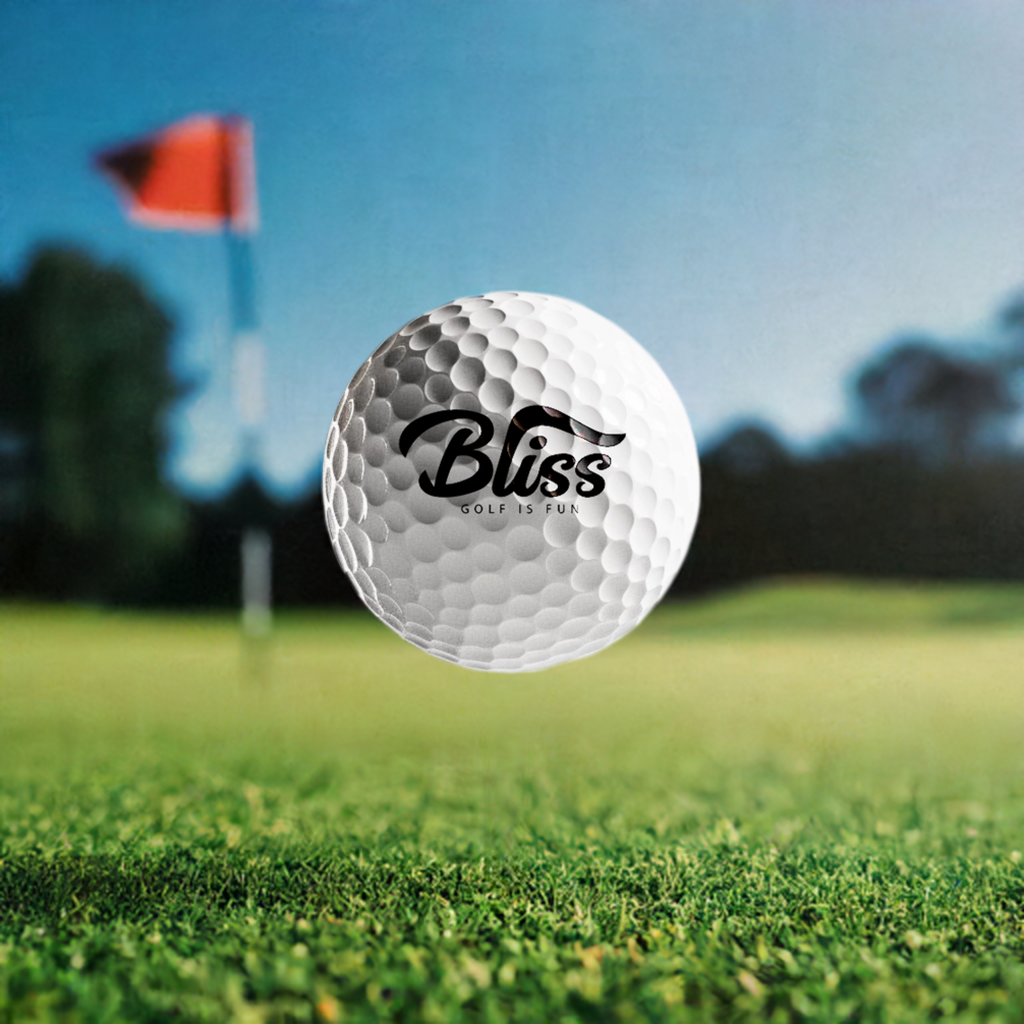
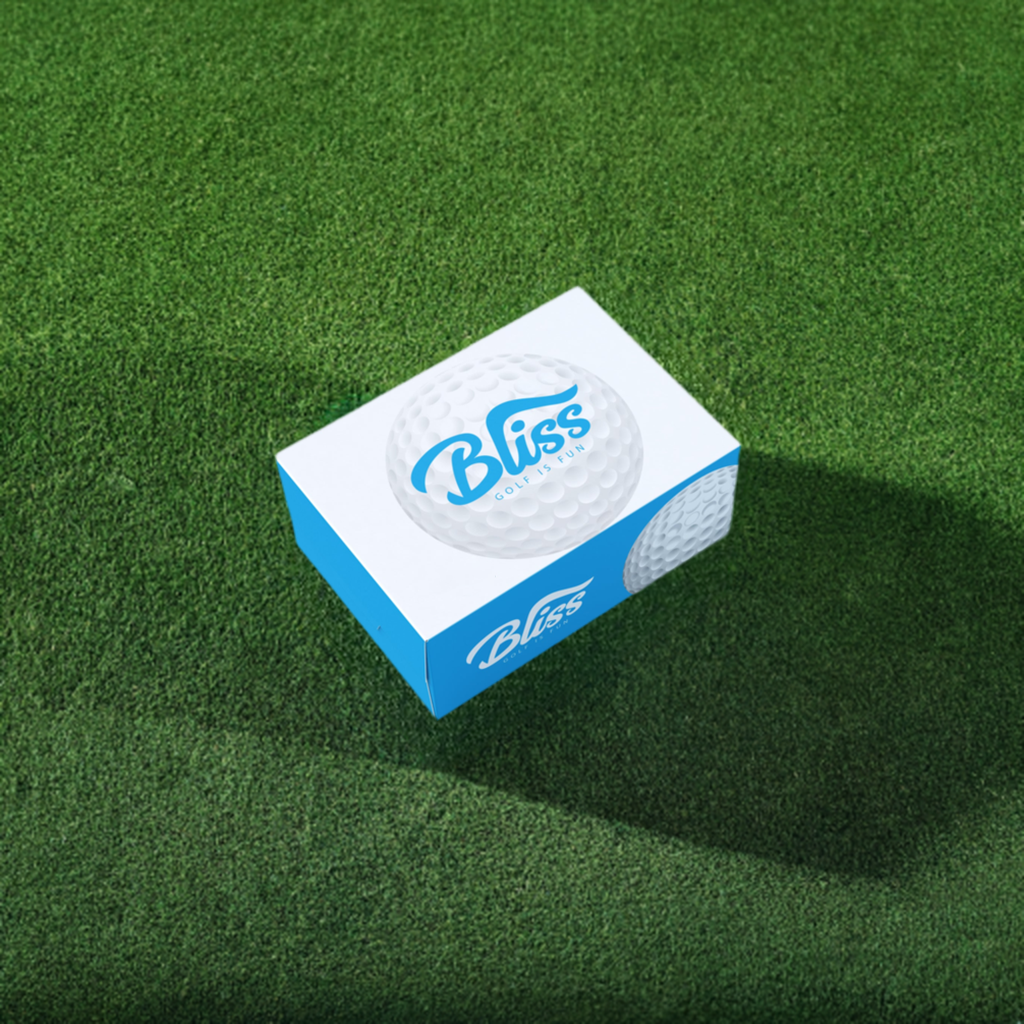

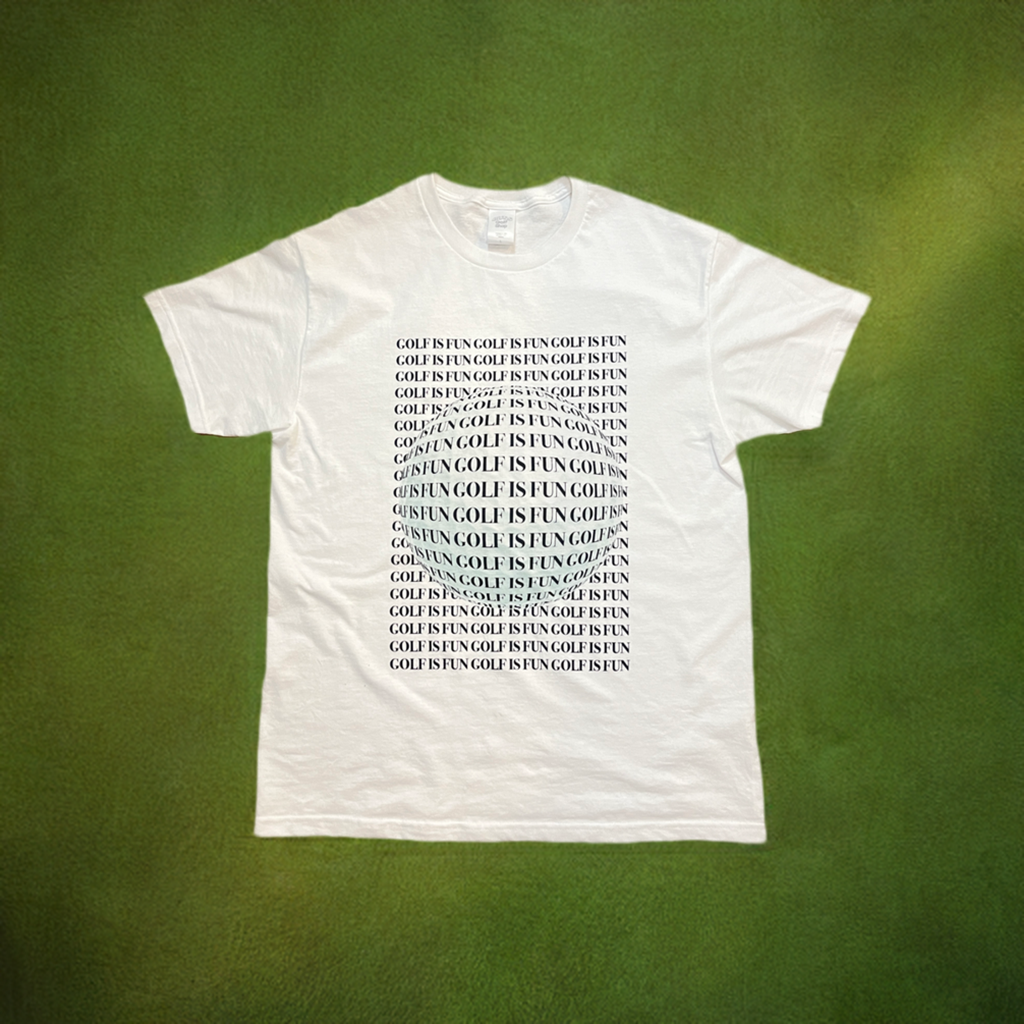
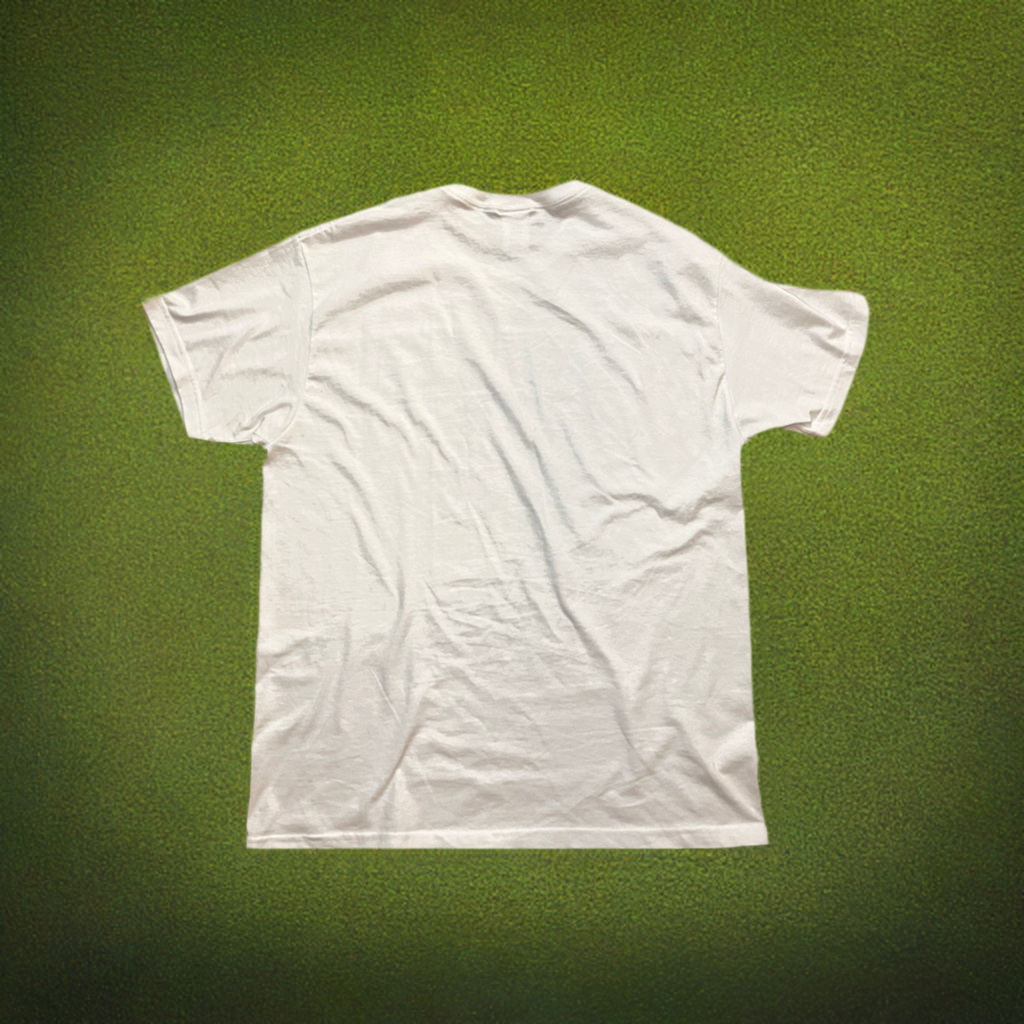
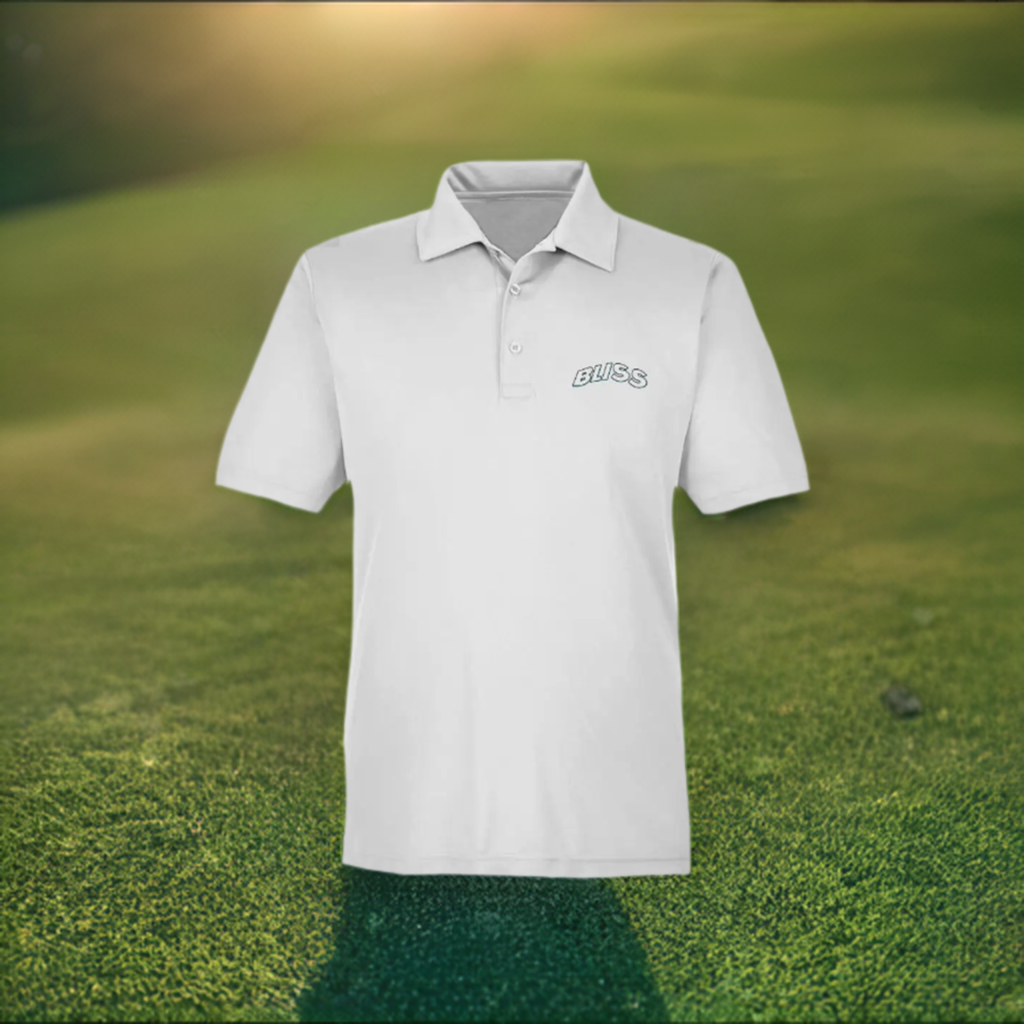
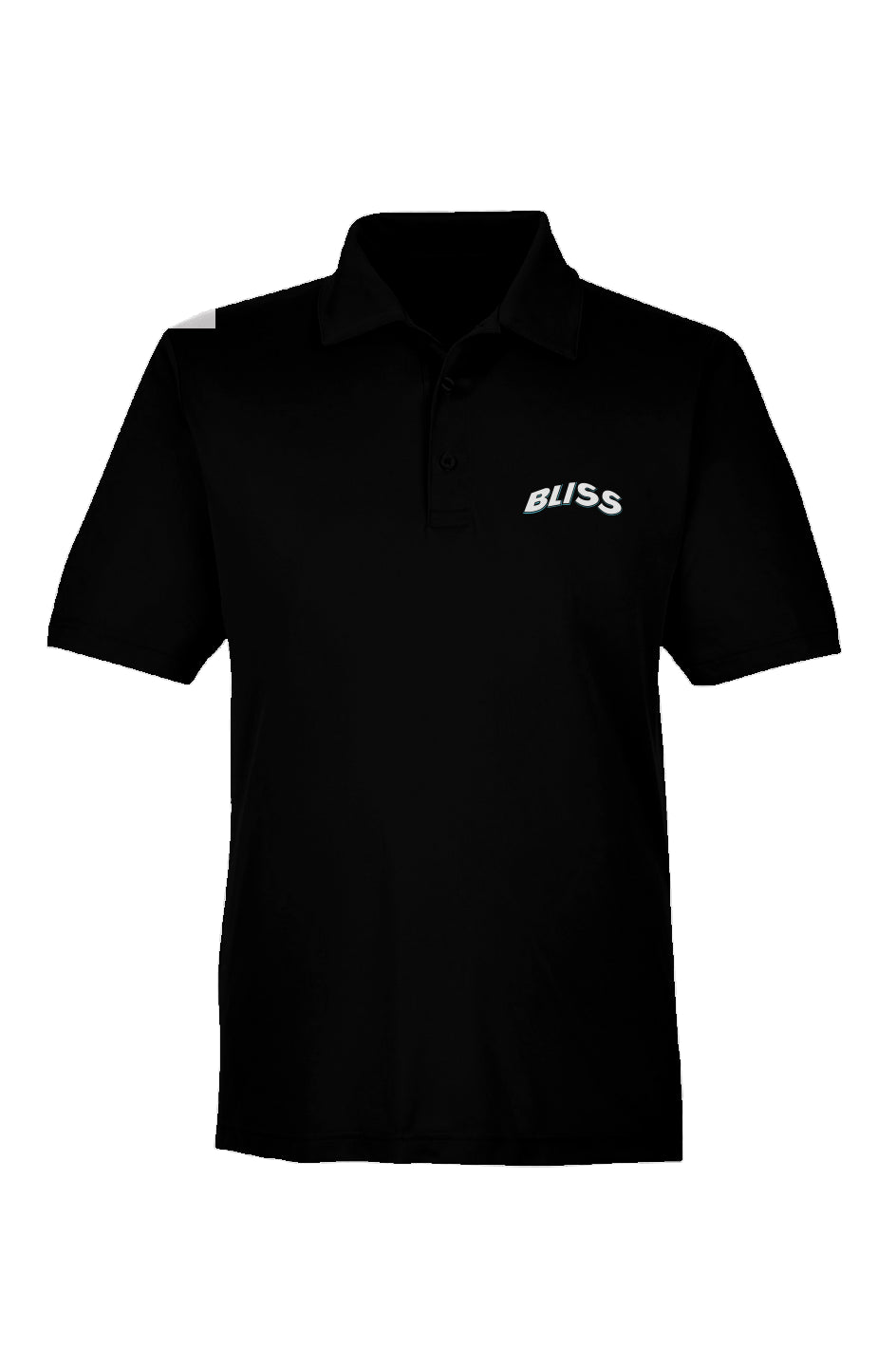
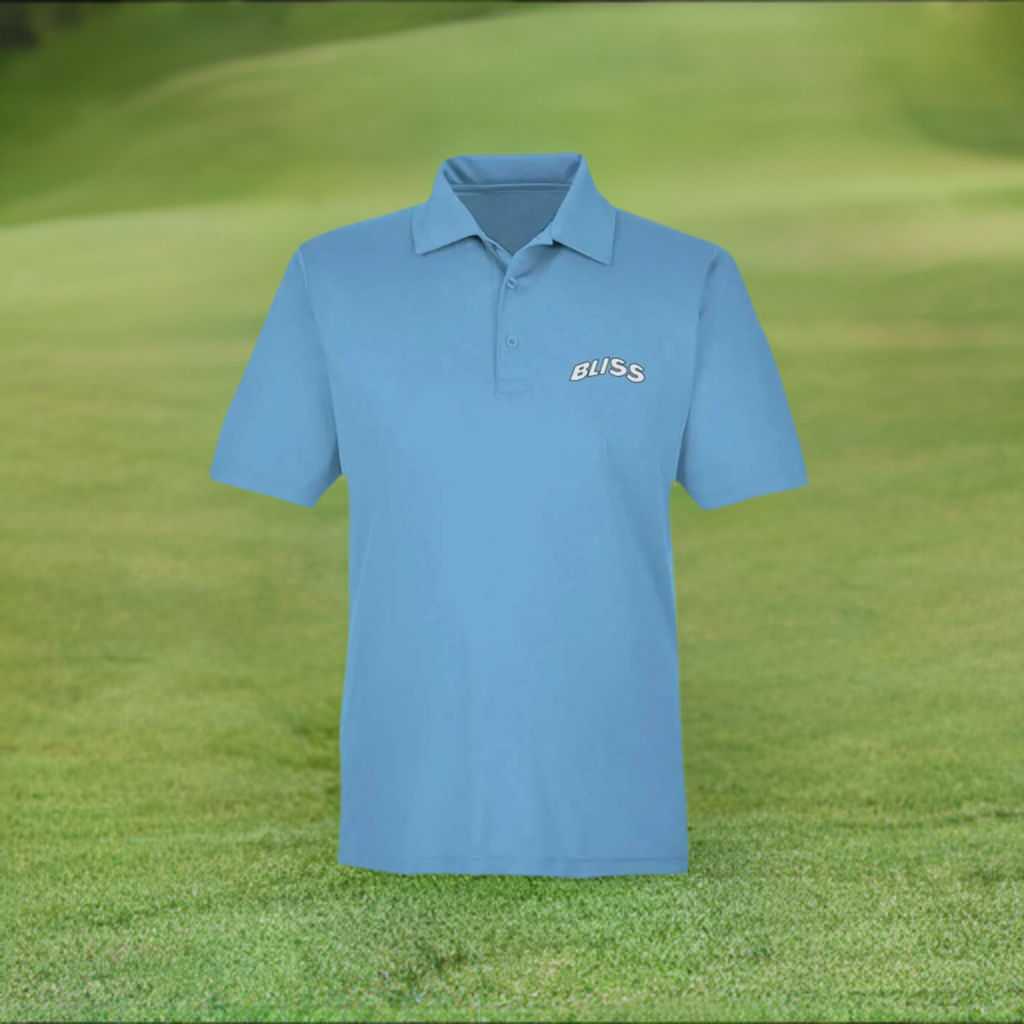
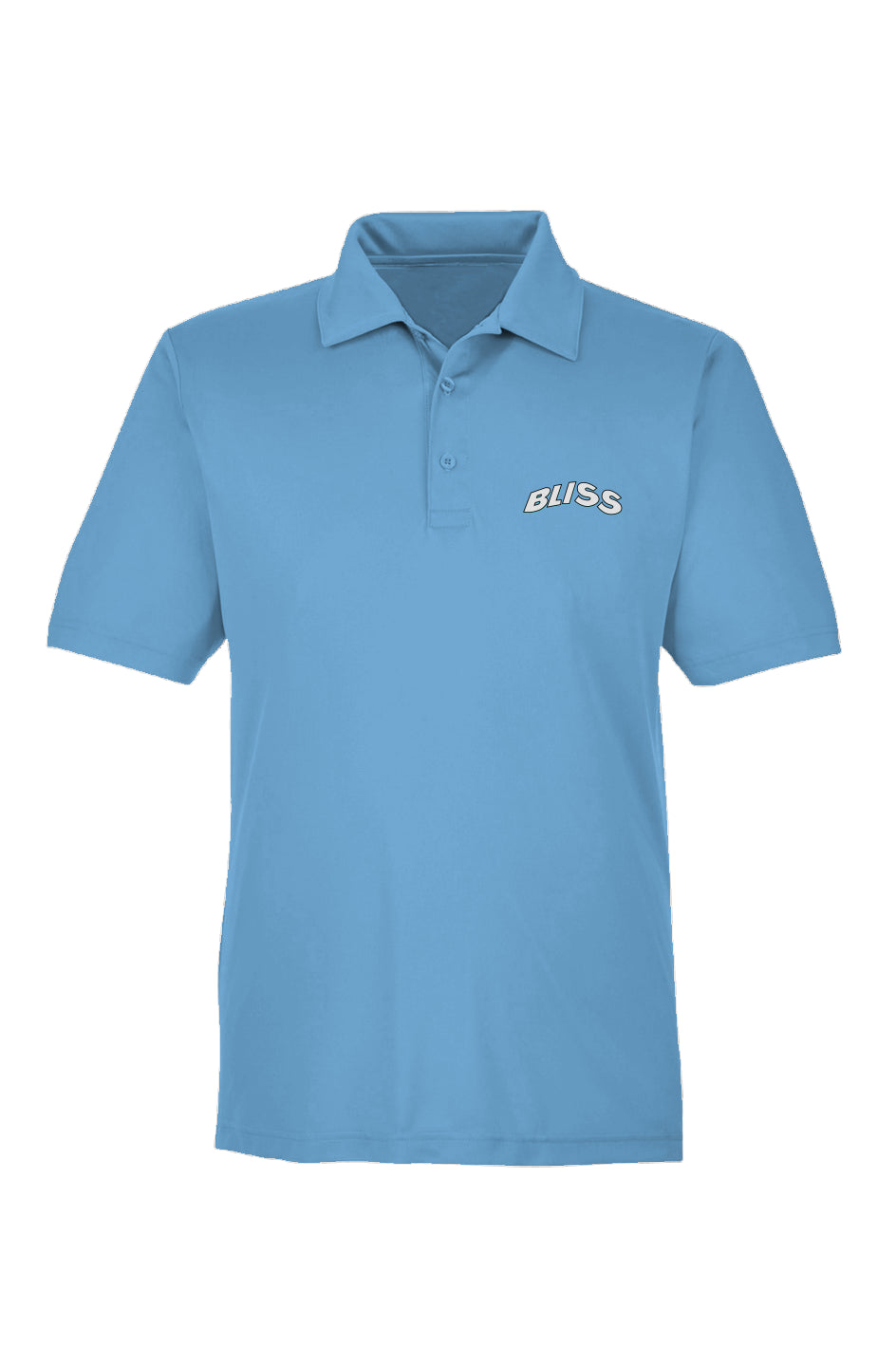
Leave a comment
This site is protected by hCaptcha and the hCaptcha Privacy Policy and Terms of Service apply.